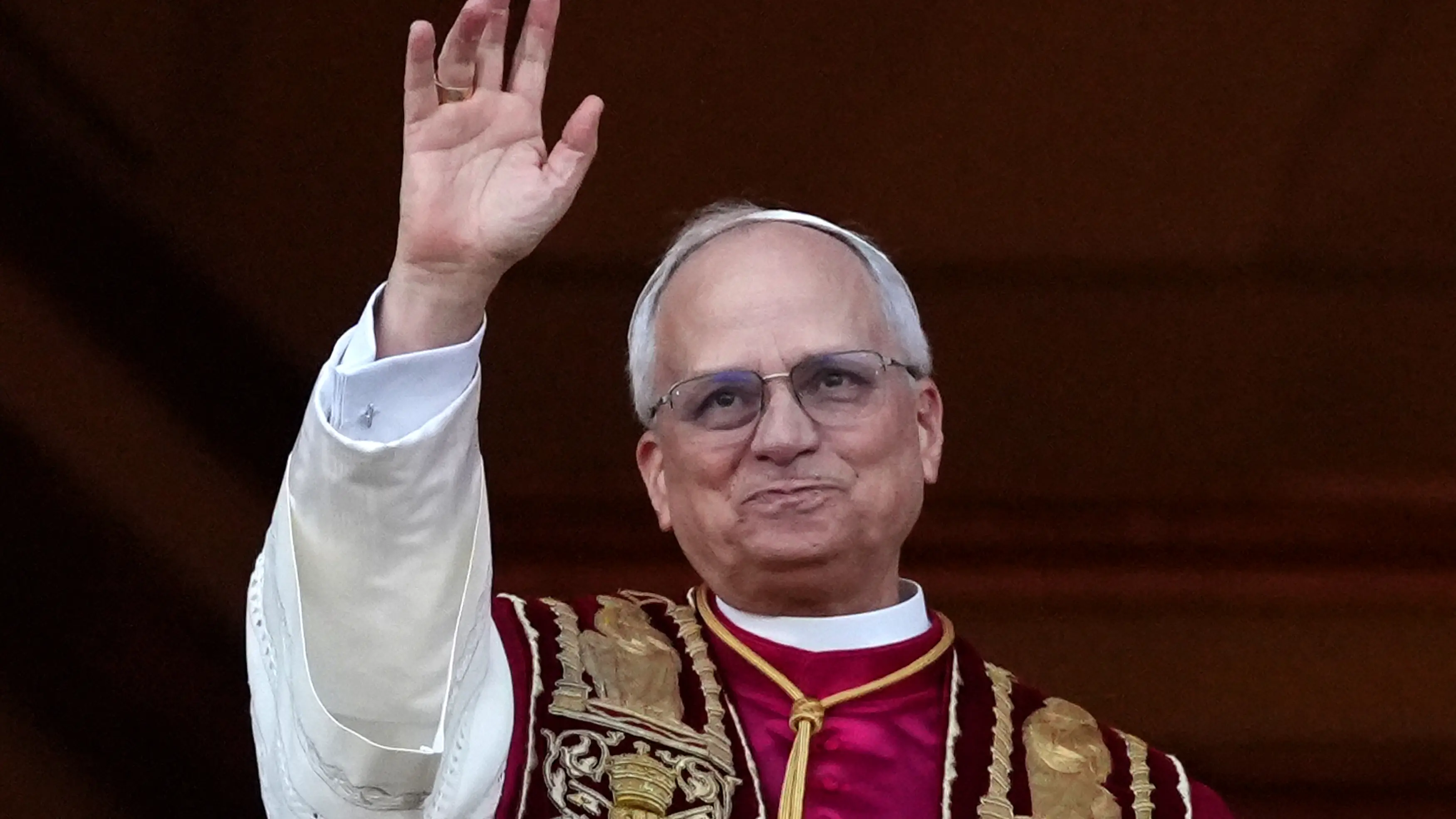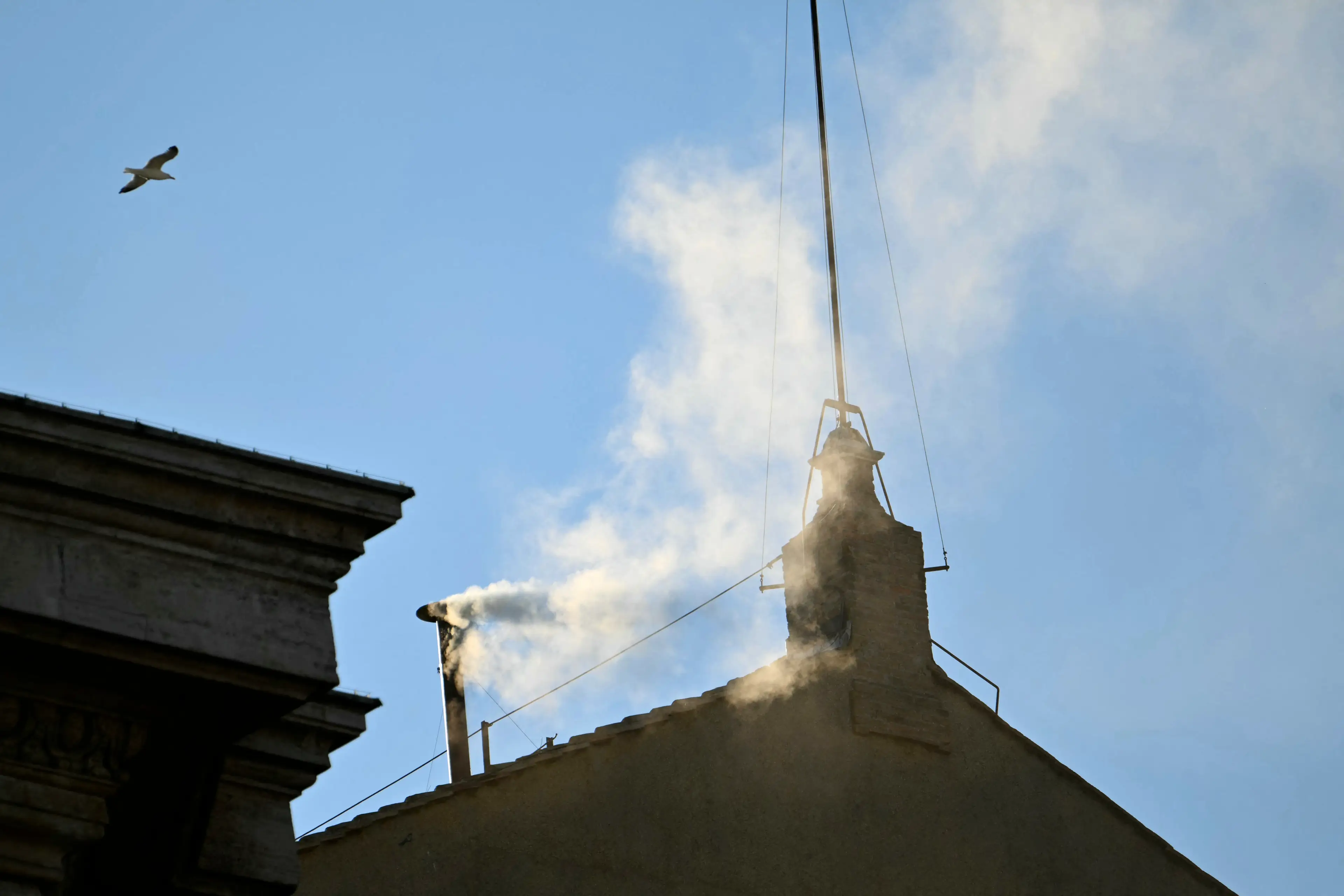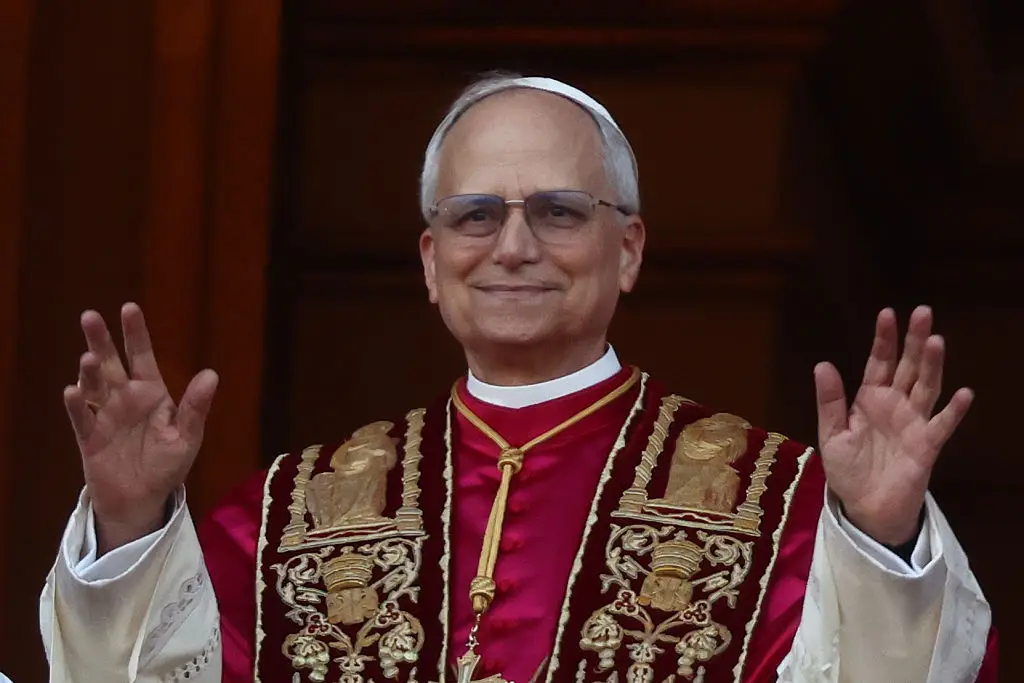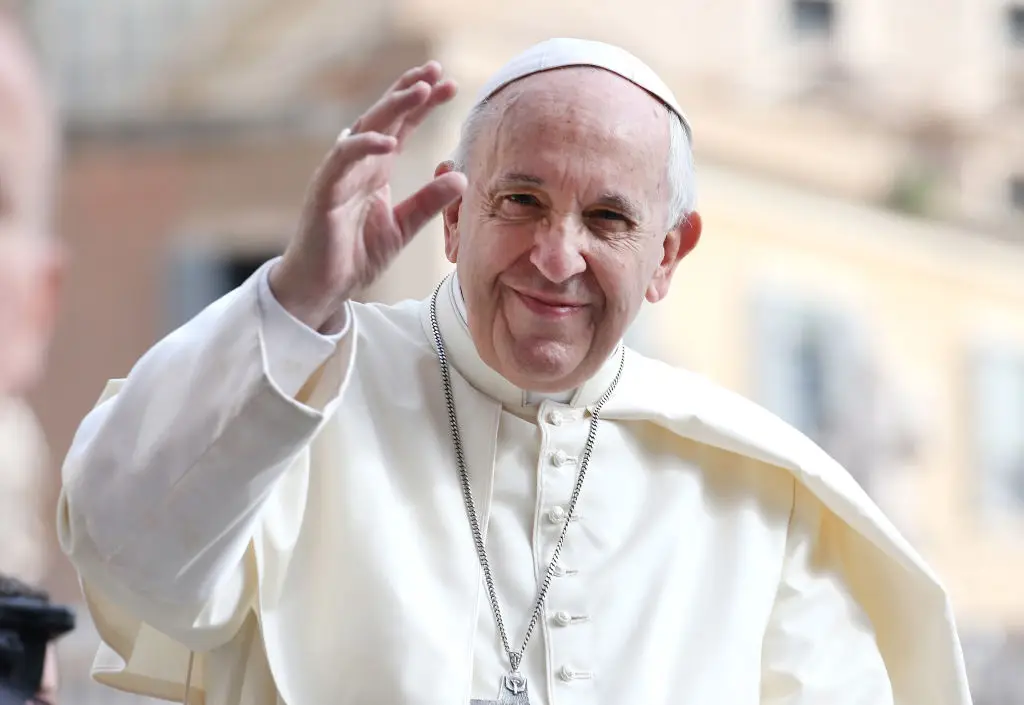
Topics: News, Pope Francis, Pope Leo
The moment millions of Catholics across the globe were waiting for finally happened today, as white smoke emerged from the Sistine Chapel and Pope Leo XIV was announced as the new leader of the church. But there's actually a deeper meaning behind the name he's selected for himself.
It took the College of Cardinals just one day to agree as they cast their votes and announced this afternoon that the 69-year-old, who hails from Chicago, US, who would be Pope Francis' successor and the 267th pontiff.
Born Robert Francis Prevost, Pope Leo shares many of the same sentiments as his predecessor in that he's passionate about helping migrants and the poor.
Jesus Leon Angeles, who has known Pope Leo for eight years, described him as a 'very simple' person who is always keen to help others.
Advert
Having become ordained at just 27, Pope Leo hasn't spent too much time in his home country in the years since, and at one point served as a missionary in Peru.

He only became a cardinal in 2023, and has stayed relatively out of the spotlight, at one point even telling the Vatican’s official news website: “The bishop is not supposed to be a little prince sitting in his kingdom.”
Now, he will officially be known as Pope Leo XIV.
At this point you might be wondering why popes take up a different name to what they were born as and the significance of what they opt for, and it turns out it's pretty interesting and could signal a deeper meaning for the world.
It's not actually an official rule that popes have to change their name once appointed, but plenty of pontiffs over the last nearly five centuries have chosen to, so it's become a strong tradition.
Choosing a new name is the first act a pope does once they've been appointed and the reason is because their new role signifies a second birth of sorts, according to the Vatican.
Also, back in the early days of Christianity, many pontiffs ended up changing their names due to their birth names being of pagan origin.
Not all popes have opted to switch out their name. According to the Vatican, out of the 267 popes in history, 129 have chosen new names.

When it comes to which names popes will pick, sometimes it's simply the name of a predecessor as a sign of respect or to signal that they wish to follow in their footsteps in some way.
Others will opt away from this completely and choose something different to signify a new chapter.
In terms of Leo, it's the fifth most popular moniker chosen by leaders of the Catholic Church.
Given the fact that Leo XIII was a founding figure of the Catholic social justice tradition, opting for the name Leo could be a nod to strong leadership and doctrinal clarity, with some experts claiming it could indicate a leader who is strong during a time of global crisis.
The last pope to bear the name was Leo XIII who held the position from 1878 to 1903.
Pope Francis is an interesting one as he actually deviated from tradition with his name choice.

Born as Jorge Mario Bergoglio in Buenos Aires, Pope Francis was the first-ever pontiff to opt for that name, and it's believed he did this to honour St. Francis of Assisi who was known for his dedication to poverty, peace and the environment.
The names most commonly chosen by popes throughout history have been: